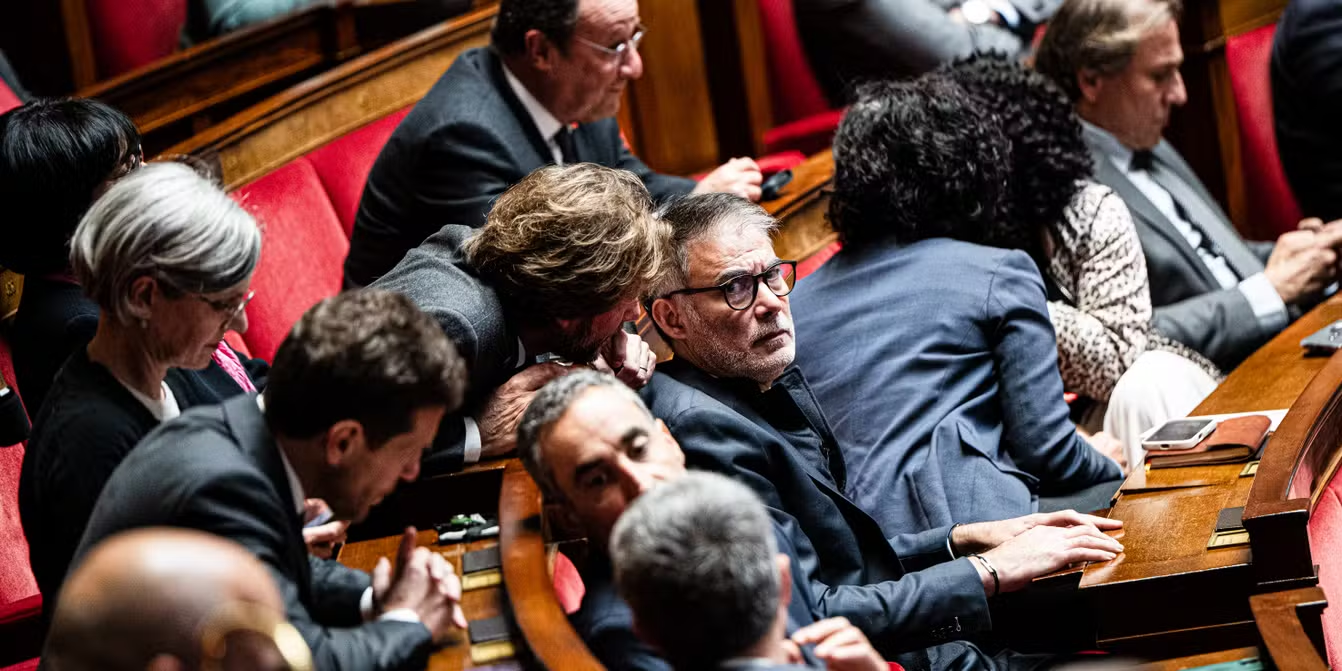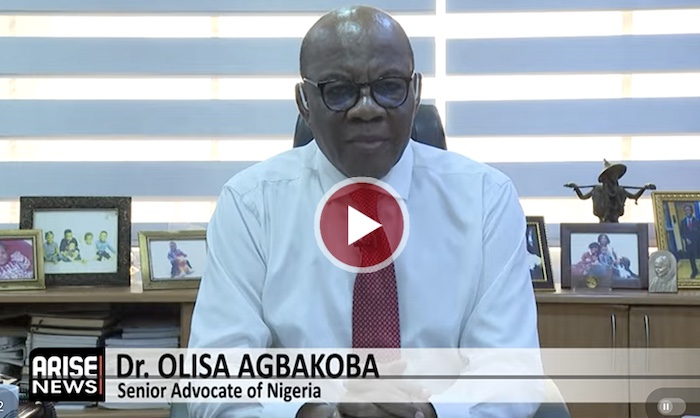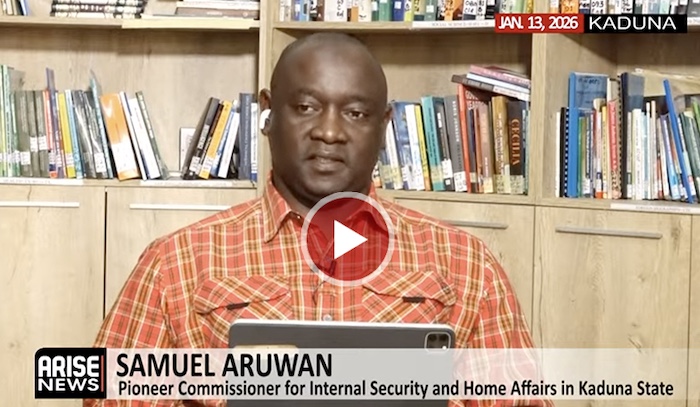
The French government is bracing for a high-stakes parliamentary vote on Saturday over a proposed wealth tax, as pressure mounts on Prime Minister Sébastien Lecornu to secure passage of next year’s austerity budget and avert another political crisis.
France faces a looming year-end deadline to pass its 2025 spending plan — a key step toward reducing its ballooning public deficit and national debt. But the effort has been complicated by deep political fractures and growing unrest in parliament.
Lecornu, the country’s third prime minister in just over a year, has pledged to push the budget through after lawmakers ousted his two predecessors over unpopular cost-cutting reforms. Earlier this month, he narrowly survived a confidence vote after yielding to pressure from the Socialist Party to suspend a contentious pension overhaul.
Now, the same Socialist lawmakers — a crucial swing faction in France’s fragmented parliament — are demanding a tax on the ultra-rich, warning they will bring down Lecornu’s government as early as Monday if their demand is ignored.
A Battle Over France’s ‘Zucman Tax’
At the center of the standoff is an ambitious proposal inspired by French economist Gabriel Zucman, who estimates such a tax could generate €20 billion ($21 billion) annually from roughly 1,800 of France’s wealthiest households.
Zucman’s original plan called for individuals with assets exceeding €100 million to pay a minimum 2% annual levy on their wealth — a measure he says would close gaping loopholes in France’s existing tax framework.
However, both Lecornu’s centrist government and the far-right National Rally have opposed taxing “professional assets”, such as company shares or business holdings, arguing it would penalize entrepreneurs and drive capital abroad.
Instead, the government has countered with a more limited plan to tax wealth management funds with at least €5 million in assets — a proposal the Socialists have rejected as insufficient.
Socialists Push Back With a Compromise Proposal
In a last-ditch attempt at compromise, the Socialists have introduced a revised plan — a 3% minimum tax on fortunes above €10 million, while exempting family-owned and “innovative” businesses in a bid to win centrist support.
Their proposal will be debated on the floor of the National Assembly on Saturday, but tensions are already running high.
Zucman himself has cautioned lawmakers against diluting his original plan, warning that watering down the tax could render it meaningless.
“Creating a tax riddled with loopholes, offering opportunities for evasion, is condemning oneself to failure,” he told France Inter radio.
France has been mired in parliamentary gridlock since President Emmanuel Macron called snap legislative elections last year in an attempt to strengthen his centrist majority.
The gamble backfired: his alliance lost control of the National Assembly, while the far right surged and the left-wing coalition splintered.
The result has been a government struggling to govern — and a parliament where every major bill becomes a test of survival.



